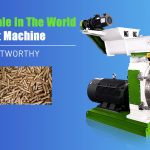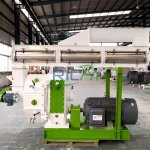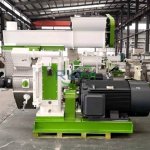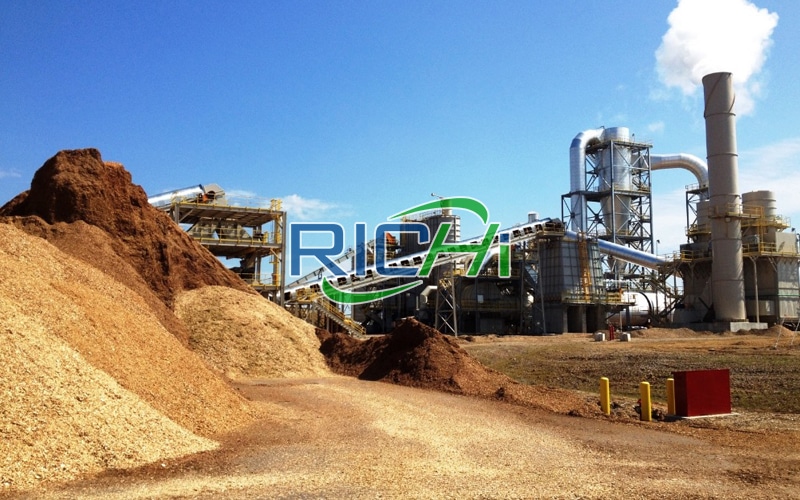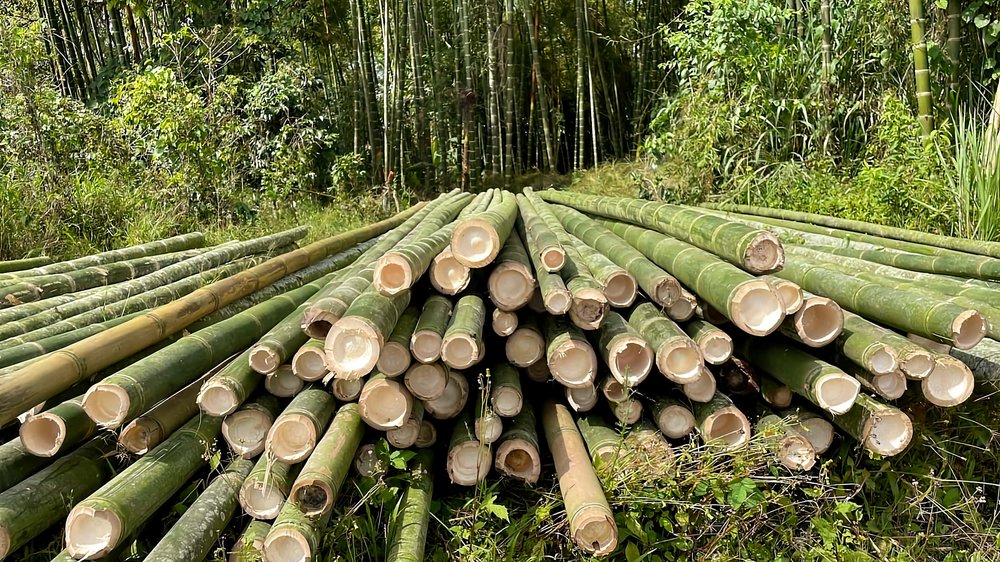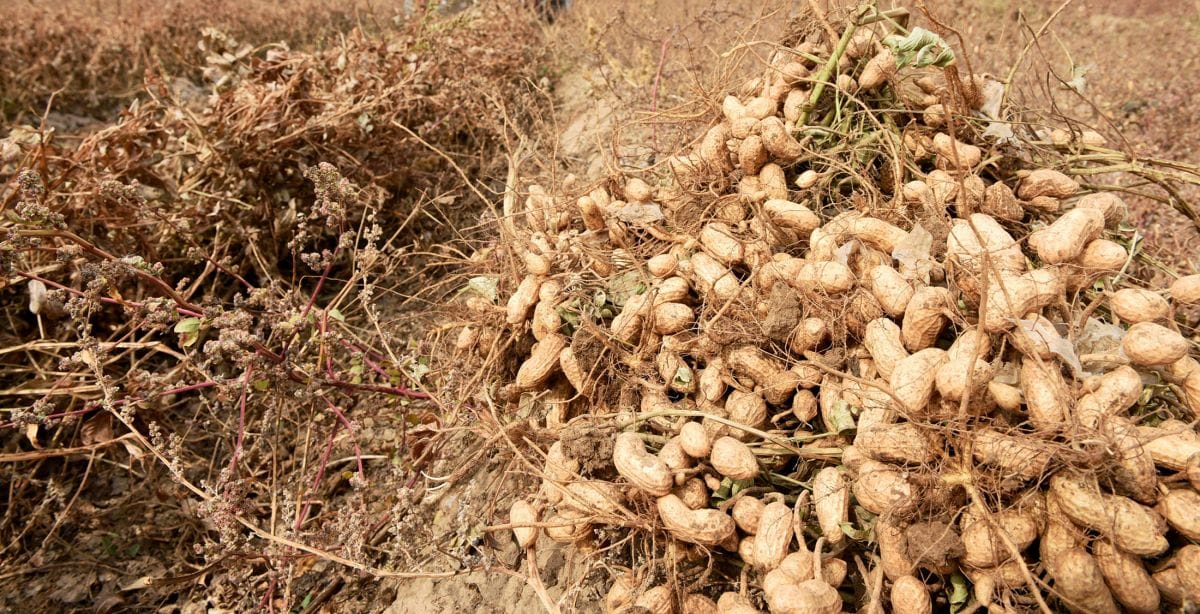Malaysia, with its abundant biomass resources and growing focus on renewable energy, is poised to become a significant player in the global biomass pellet market. This article explores the current state and future prospects of the biomass pellet processing industry in Malaysia, highlighting key factors driving growth, challenges to overcome, and potential opportunities for investors and stakeholders.
Current State of Malaysia’s Biomass Pellet Industry
Malaysia’s biomass pellet industry is still in its early stages but showing rapid growth. The country’s rich agricultural sector, particularly its palm oil industry, provides an ample supply of raw materials for pellet production. Currently, the main types of biomass pellets produced in Malaysia include:
- Empty Fruit Bunch (EFB) pellets from palm oil waste
- Wood pellets from forestry residues and sawmill waste
- Agricultural residue pellets from rice husks and other crop wastes
As of 2021, Malaysia’s annual production capacity for biomass pellets was estimated to be around 200,000-300,000 tons, with significant room for expansion.
Related post: 5-6T/H Biomass Pellet Production Line in Malaysia
Drivers of Growth
Several factors are contributing to the positive outlook for Malaysia’s biomass pellet processing market:
- Government Support: The Malaysian government has implemented policies to promote renewable energy, including biomass. The National Biomass Strategy 2020 and the Renewable Energy Act 2011 provide a supportive framework for the industry’s growth.
- Abundant Raw Materials: Malaysia’s palm oil industry generates vast amounts of biomass waste, particularly Empty Fruit Bunches (EFB), which can be processed into pellets. The country also has significant forestry resources and agricultural residues.
- Growing Global Demand: The increasing global focus on renewable energy has led to rising demand for biomass pellets, especially in East Asian countries like Japan and South Korea, which are geographically close to Malaysia.
- Technological Advancements: Improvements in pellet production technology are making the process more efficient and cost-effective, encouraging investment in the sector.
- Environmental Benefits: Biomass pellets offer a more sustainable alternative to fossil fuels, aligning with global efforts to reduce carbon emissions.
Related post: Biomass Pellet Mill
Market Opportunities
The outlook for Malaysia’s biomass pellet processing market is promising, with several opportunities on the horizon:
- Export Potential: With its strategic location and abundant resources, Malaysia is well-positioned to become a major exporter of biomass pellets to Asian markets, particularly Japan, South Korea, and China.
- Domestic Market Growth: As Malaysia itself shifts towards renewable energy, there’s potential for increased domestic consumption of biomass pellets in power generation and industrial applications.
- Value-Added Products: The industry can expand into producing higher-value pellets for specialized markets, such as premium-grade pellets for residential heating in Europe.
- Integration with Palm Oil Industry: Further integration of pellet production with the palm oil industry can create additional revenue streams for palm oil producers while addressing waste management issues.
- Rural Development: The growth of the biomass pellet industry can contribute to rural development by creating jobs and providing additional income for farmers and plantation owners.
Challenges to Address
Despite the positive outlook, several challenges need to be addressed:
- Quality Control: Ensuring consistent quality of pellets, especially those made from agricultural residues, to meet international standards.
- Infrastructure Development: Improving transportation and logistics infrastructure to facilitate efficient collection of biomass and distribution of pellets.
- Competition: Increasing competition from other biomass-producing countries in Southeast Asia, such as Indonesia and Vietnam.
- Technological Adoption: Encouraging smaller producers to adopt modern, efficient pellet production technologies.
- Market Education: Raising awareness about the benefits of biomass pellets among potential domestic consumers.
Future Projections
Based on current trends and growth drivers, the outlook for Malaysia’s biomass pellet processing market is highly positive:
- Production Capacity: Industry experts project that Malaysia’s biomass pellet production capacity could reach 1-1.5 million tons per year by 2025, representing a significant increase from current levels.
- Market Value: The market value of Malaysia’s biomass pellet industry is expected to grow at a CAGR of 10-12% over the next five years.
- Export Growth: Exports are likely to remain the primary driver of growth, with projections suggesting that Malaysia could capture 15-20% of the East Asian biomass pellet import market by 2030.
- Diversification: The industry is expected to diversify, with a growing focus on producing pellets from a wider range of biomass sources beyond EFB and wood residues.
- Technological Innovation: Continued investment in R&D is likely to lead to more efficient production processes and higher-quality pellets, enhancing Malaysia’s competitiveness in the global market.
Conclusion
The outlook for Malaysia’s biomass pellet processing market is decidedly positive. With its abundant biomass resources, supportive government policies, and growing global demand for renewable energy, Malaysia is well-positioned to become a significant player in the international biomass pellet market.
The industry’s growth presents numerous opportunities for investors, entrepreneurs, and stakeholders across the value chain – from biomass suppliers and pellet producers to equipment manufacturers and logistics providers. However, to fully realize its potential, the sector must address challenges related to quality control, infrastructure development, and market education.
As the world continues to shift towards more sustainable energy sources, Malaysia’s biomass pellet industry stands to play a crucial role in both the national economy and global efforts to reduce carbon emissions. By leveraging its natural resources and strategic location, Malaysia can establish itself as a key supplier of biomass pellets to the rapidly growing Asian renewable energy market.
The coming years will likely see increased investment, technological advancement, and market expansion in Malaysia’s biomass pellet sector. With continued focus on quality, efficiency, and sustainability, the industry is poised for substantial growth, contributing significantly to Malaysia’s renewable energy goals and economic development.
For details please contact: pellet maker
WhatsApp:86 138 3838 9622
Email:enquiry@pellet-richi.com
